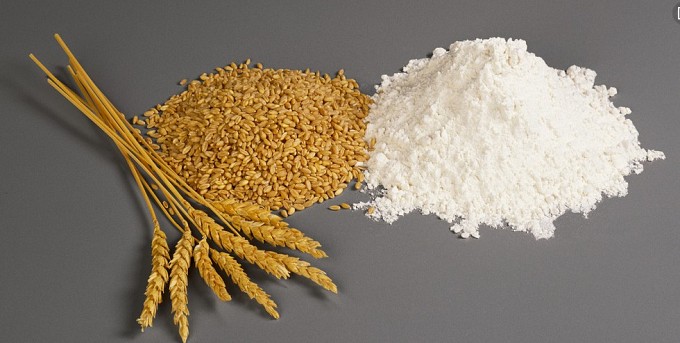
The society of Kazakhstan has not received an answer to the question why they overpay 15% of the cost of bread and flour, APK Novosti reports.
The question why Kazakhstan's own flour is more expensive than in neighboring countries was raised by the Grain Union of Kazakhstan not so long ago. About a month ago, the APK Novosti agency wrote that flour supplies to the domestic market are carried out at a price that exceeds the export price by more than $136.
The Grain Union Analytics Committee, having studied the data of the customs and national statistics of Kazakhstan for 2019-2021, found an inexplicable pattern: Kazakh flour millers sell flour to the population of the Republic of Kazakhstan at a higher price than to their neighbors.
Having analyzed the situation in detail, the Grain Union of Kazakhstan then addressed questions not only to flour millers, but also to the Ministry of Trade and Integration. However, no replies were received.
“We put forward three options: perhaps the difference in price is partially covered by the Kazakh consumer, but is this correct? Draw parallels with Russian flour. And they did not see the reasons for the current situation in Kazakhstan. And, finally, if this is an underestimation of the customs value and tax evasion, then this is already a shadow turnover and a tangle of criminal articles,” Yevgeny Karabanov, official representative of the Grain Union of Kazakhstan, told APK Novosti agency.
“We have not received answers to any of the questions either from government agencies or from flour millers. Not a single figure has been refuted. The statistics here are not overstated. She's even underrated. And the position of the millers then was something like this: he is a fool,” Karabanov noted.
The Grain Union believes that a disturbing picture is emerging in the country.
“Our society has not received answers to the questions why they overpay 15% of the cost of bread and flour. The overpayment is also included in the cost of eggs, meat, confectionery and other products.
We believe that it is impossible to experiment on such a sensitive industry. There are many questions left for the officials,” Yevgeny Karabanov said.